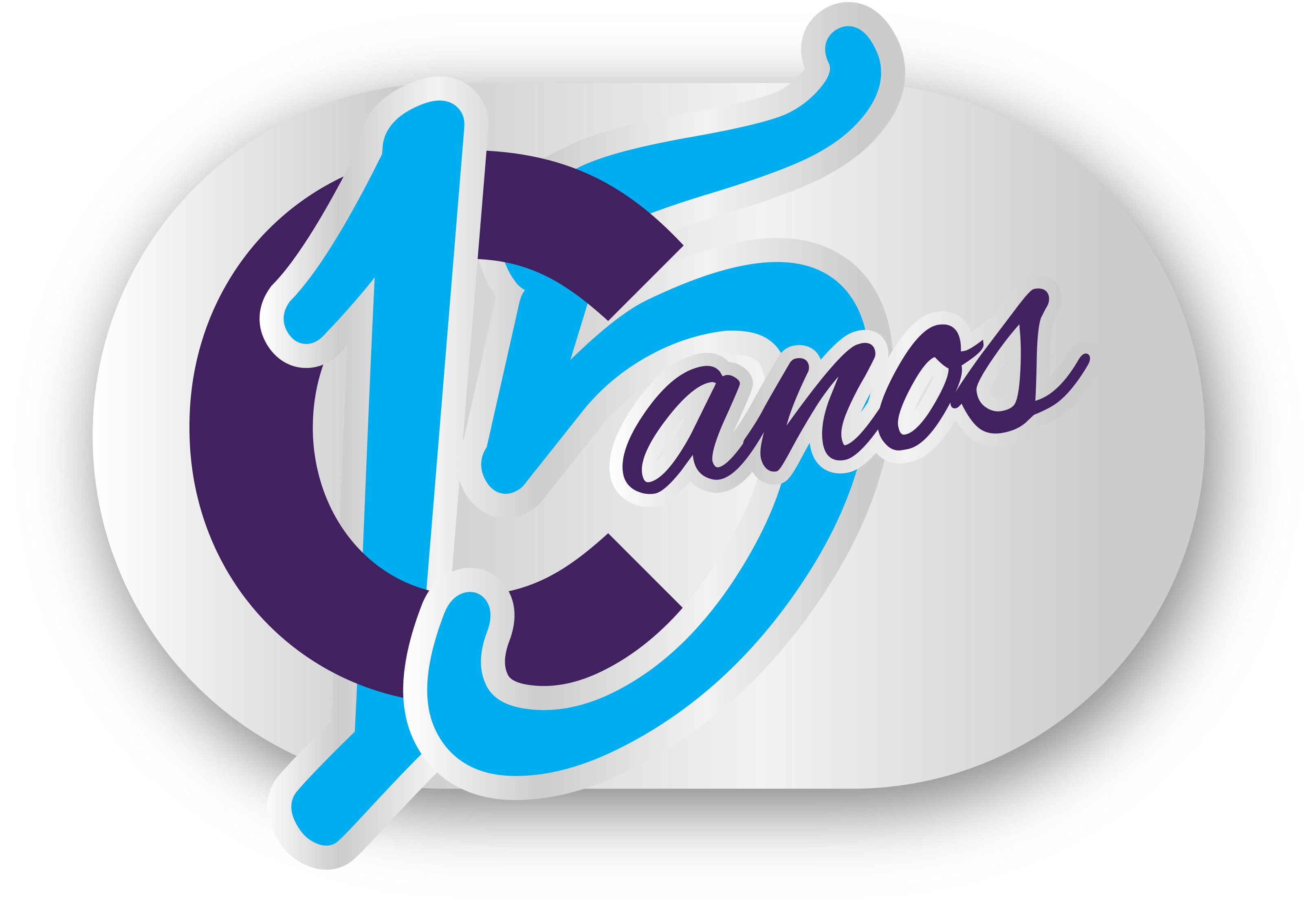


On December 12, 2023, Brazil’s Federal Senate approved the nominations of Camila Cabral Pires Alves, Carlos Jacques Vieira Gomes, Diogo Thomson de Andrade and José Levi Mello do Amaral Júnior to hold the positions of Commissioners at the Tribunal of the Administrative Council for Economic Defense (“CADE”), the Brazilian competition authority.
When the nominees finally take office, the minimum quorum for deliberations by CADE’s Tribunal will be restored. Indeed, CADE’s Tribunal has lacked a quorum since the departure of the fourth Commissioner in early-November, which has hindered the closure of deals approved by CADE’s General Superintendence and suspended all ruling sessions.
See below for more information about the approved nominees:
CADE announced the launch of e-Notifica, an automated system of pre-merger review. The e-Notifica system is expected to speed up the filing and review processes – as the tool is integrated with Federal Government and CADE’s databases – and to facilitate the payment of CADE’s filing fee.
In November, the competition authorities from Paraguay (CONACOM), Uruguay (CPDC), Brazil (CADE), and Argentina (CNDC) officially launched the “Mercosur Competition Yearbook 2023” during the 11th Annual Meeting of the Competition and Trade Working Group of the Latin-American and Caribbean Economic System (SELA).
The document is the result of the MERCOSUR authorities joint effort and aims to be a consultation platform for the Competition Law of MERCOSUR and each member state, and enhance communication and cooperation between MERCOSUR member states, fostering debate and exchange of ideas.
The Foreign Trade Secretariat (“SECEX”) issued a new regulation (SECEX Ordinance No. 282/2023) on the assessment of public interest (“API”) in the context of antidumping and compensatory measures investigations. This regulation, which deeply changes the current API that may prompt a suspension or change of definitive trade defense measures and the non-imposition of provisional measures based on “public interest” reasons, will come into force on January 1, 2024, and aims to simplify the API procedure and ensure a better allocation of public resources.
Among the changes, we highlight the following: (i) limitation of the API scope to two groups of concerns (i.a) “Social-Economic” and (i.b) “Suspension or Interruption of the National Supply”; (ii) the API will be concluded after the authority’s decision in the trade defense investigation; (iii) more efficiency in the authority’s analysis; and (v) introduction of new rules that regulate the procedures pertinent to requests for reapplication, extension or reassessment of the change and/or suspension of the decision based on public interest.
On November 28, 2023, Brazil’s Federal Senate approved Bolivia’s admission to MERCOSUR, concluding the proceedings initiated through an adhesion protocol in 2015. To date, Bolivia was associated to MERCOSUR – as is Chile, Colombia, Ecuador, Peru, Guyana, and Suriname –, but its acceptance as member required legislative approval by all MERCOSUR’s members and Brazil was the last one pending. Hereof, trade between Bolivia and Brazil is expected to rise.
Bolivia will be gradually integrated during the next four years and shall adapt its international trade policy. Specifically, the country will adopt MERCOSUR Common Nomenclature – NCM, as well as MERCOSUR’s Common External Tariff – TEC and Origin Regime. Moreover, Bolivia will revise its bilateral trade agreements according to MERCOSUR’s regulation; this shall embrace the termination of its agreement with Venezuela, suspended from the bloc since 2016.
Denise Junqueira
djunqueira@cascione.com.br
Brazilian Competition Case Law, Trade & Trends | December 2023
(Português do Brasil) 18/01/2023 | Edição n. 37
(Português do Brasil) 21/11/2022 | Edição n. 36
(Português do Brasil) 07/11/2022 | Edição n. 35
(Português do Brasil) 19/09/2022 | Edição n. 34
(Português do Brasil) 21/07/2022 | Edição n. 33